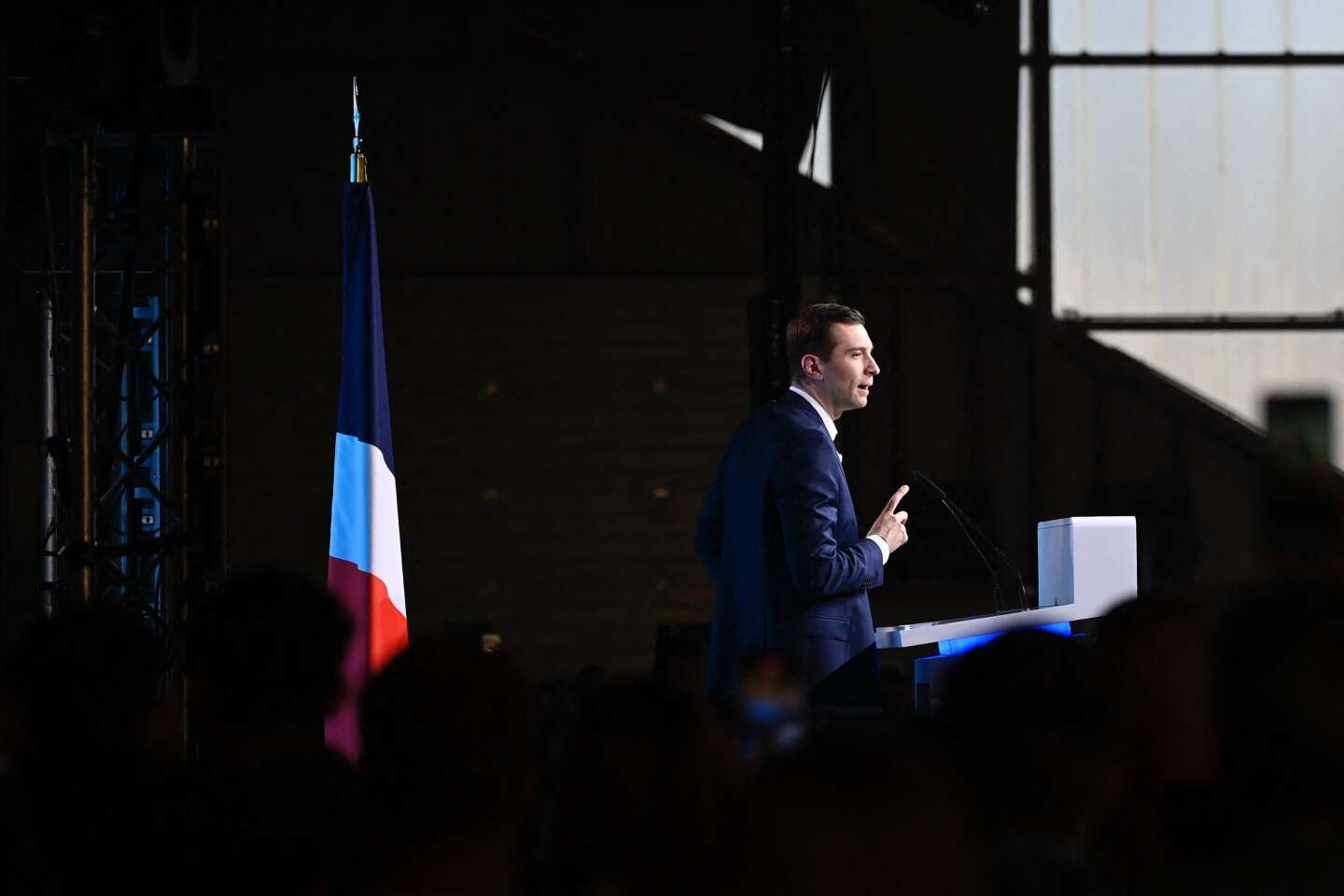


French Prime Minister Gabriel Attal, speaking at the ruling coalition rally held in Paris on Tuesday, May 7, highlighted the strange paradox that characterizes this upcoming European election campaign: The faction that has been known since the 1992 and 2005 referendums as the "yes" side is the undisputed ideological victor. Those who condemned the single European currency, those who, like Marine Le Pen, saw the euro as "a burden" responsible for the "explosion in prices, unemployment, offshoring and debt," have totally abandoned these arguments. The single currency is no longer contested, and Frexit is no longer proclaimed as the condition for a return to national sovereignty.
"Compared to the delusional rhetoric of the Rassemblement National [RN, far-right], this is a knockout victory!" said the prime minister. And yet, it isn't, because the candidate who is currently topping the EU election polls does not belong to the "yes" side. He remains one of its staunchest opponents. At 28 years old, the RN's Jordan Bardella wields this paradox like a weapon. He is both on the inside and the outside. He is not fighting the euro, but rather seeking to scupper the political construction to which the single currency is linked. Down with the European Union! Down with European citizenship!
His vision is of a "European alliance of free and sovereign nations," a sort of buffet-style Europe revised in the RN style, in which some common projects would remain (Erasmus), others would change (free movement within the Schengen area would be reserved for European nationals only), and where defense, diplomacy, energy and the control of the EU's internal borders would be the prerogative of its member nations.
The RN's lead candidate has eluded the question of how to blow up the current edifice. He has refused to clearly say how France would, under the RN's influence, go about getting the treaties renegotiated without alienating the rest of the EU and, effectively, finding itself excluded from the bloc. Yet this ambiguity, far from harming him, seems, on the contrary, to maintain a certain impetus: Changing Europe from the inside has become more promising than storming it from the outside.
Political benefits
It was in July 2017, in the wake of her second presidential election defeat – her first against Emmanuel Macron – that Le Pen gave up on using abandoning the Euro as her political hallmark. The slogan, which had been useful for uniting those left behind by globalization, had ended up instituting what Dominique Reynié, director general of the Foundation for Political Innovation (Fondapol) think tank, has called "a monetary ceiling": The wealthy and elderly electorate, worried about their savings, fiercely resisted.
You have 56.67% of this article left to read. The rest is for subscribers only.
